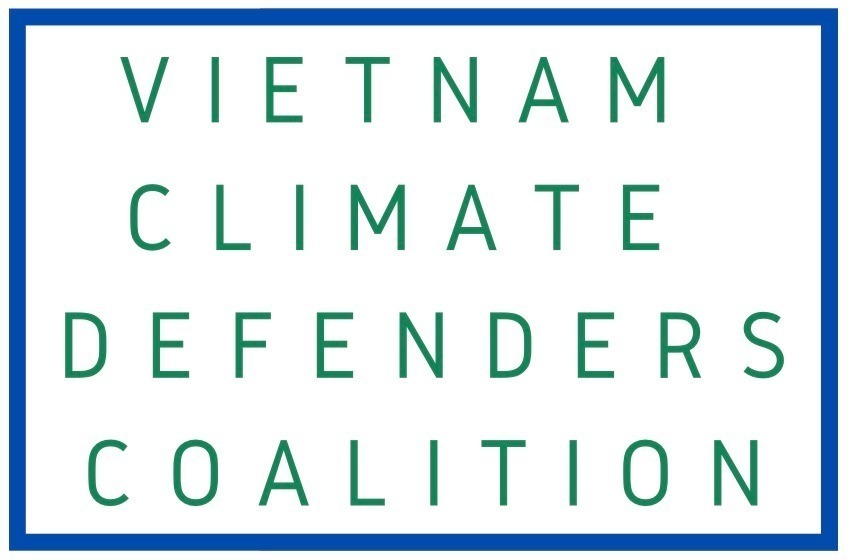CONTACT: v4climateleaders@gmail.com
On Friday, September 15, Ms. Ngo Nhien (Nhien), Executive Director of Vietnam Initiative for Energy Transition (VIETSE), an independent Vietnamese energy think tank, was detained by the police. This comes on the heels of U.S. President Biden’s recent visit to Hanoi in which the two countries strengthened their partnership and discussed human rights and solutions to climate change.
Nhien is not an activist but a researcher and energy policy expert. At the time of her arrest, she was working closely with the Vietnamese government and playing an important role in providing technical and policy advice for the development of the Just Energy Transition Partnership (JETP) – a $15.5 billion agreement made between Vietnam and G7 nations to support the country’s transition to renewable energy sources.
Authorities have yet to officially announce Nhien’s arrest and she continues to be held without charge.
Nhien is the 6th person working in a leadership role on climate change and energy policy to be detained in the last two years in Vietnam. Five others – Nguy Thi Khanh, Hoang Thi Minh Hong, Dang Dinh Bach, Mai Phan Loi, and Bach Hung Duong – were all jailed on false charges of tax evasion.
“We are aware of the arrest and are following the developments with concern,” Ravina Shamdasani, a spokesperson for the UN Office of the High Commissioner for Human Rights (OHCHR) told Reuters in a statement. This follows repeated statements by the OHCHR and other UN agencies raising concerns over the pattern of arrests of climate and environmental leaders in Vietnam and calling for the release of those wrongfully imprisoned.
Nhien is a researcher who has worked for many international organizations, including the World Bank, the European Commission, the United Nations, the OEC, and USAID. Her work aimed to accelerate the transition of the Vietnamese energy system in a sustainable and reliable manner.
The “just” aspect of the JETP is intended to integrate human rights standards into energy policy and address long-standing inequality and historic injustice as part of the decarbonization process. As recognized in the political declaration announcing Vietnam’s JETP, civil society is essential to the process: ensuring transparency and accountability, providing independent expertise and policy advice, monitoring the impact of the transition from a social and environmental perspective, and supporting vulnerable communities to advocate for their rights.
“Vietnam is already in violation of the ‘just’ aspect of the JETP while civil society is severely constrained in its ability to participate,” said Maureen Harris, Senior Advisor for International Rivers and a coordinator of the Vietnam Climate Defenders Coalition. “This latest arrest creates a chilling effect for anyone involved in the development of the JETP, as it signals that no independent voices in energy policy are safe. It also raises questions over how Vietnam’s JETP can be credibly developed and implemented when this kind of expertise is excluded.”

